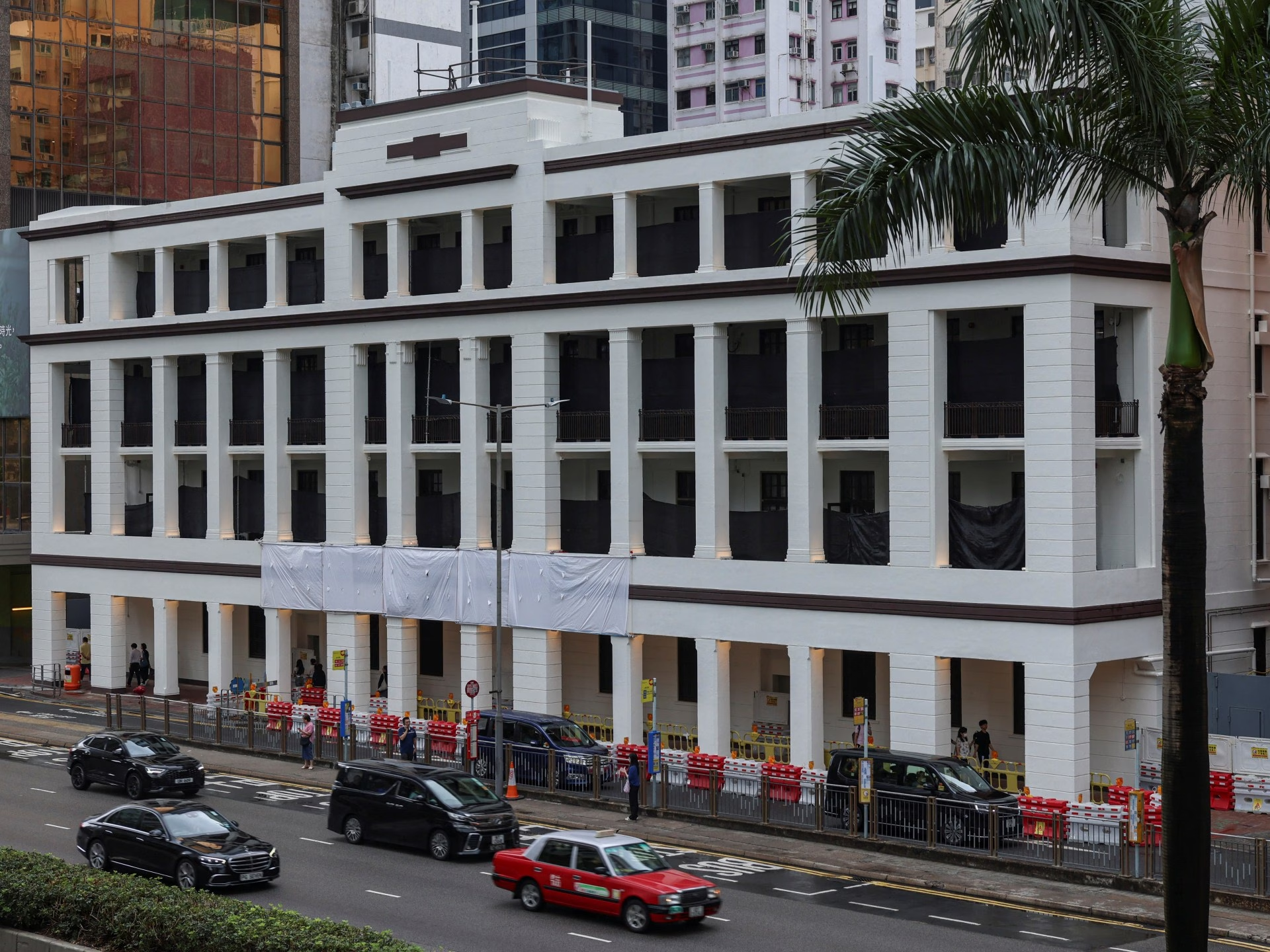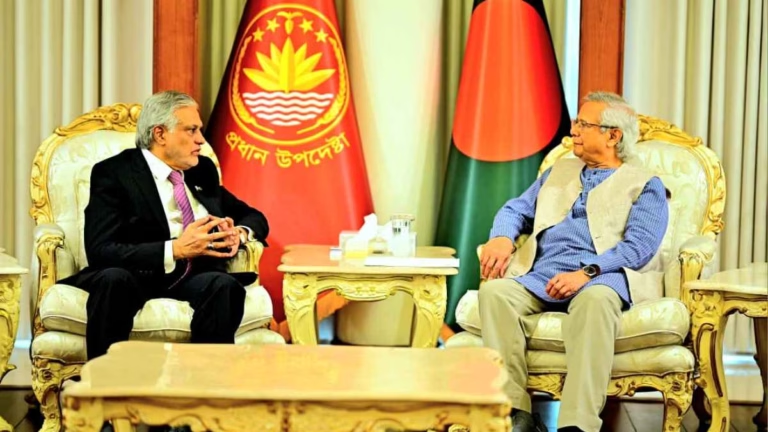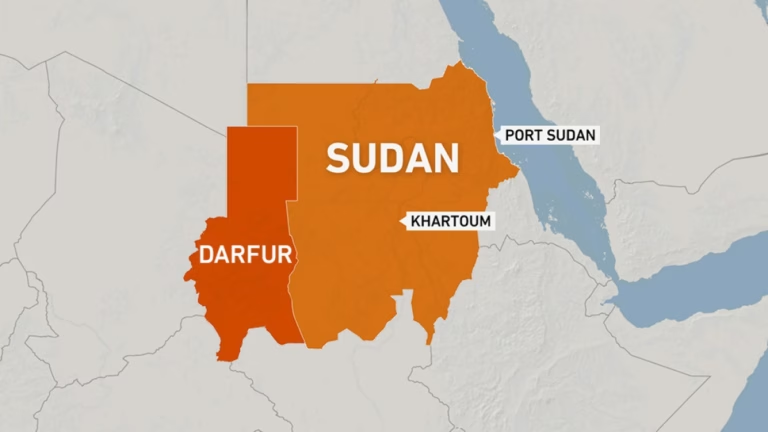Hong Kong leader John Lee Ka-chiu announced that the new international mediation organization’s status would be comparable to the International Court of Justice (ICJ) of the United Nations.
The Chinese government has ratified a convention establishing an international mediation body situated in Hong Kong, aiming to make it a formidable presence alongside the ICJ as the world’s leading authority for resolving disputes.
The Convention on the Establishment of the International Organisation for Mediation (IOMed) was formalized through a ceremony in Hong Kong, led by China’s Minister of Foreign Affairs, Wang Yi.
In attendance were representatives from several nations, such as Indonesia, Pakistan, Laos, Cambodia, and Serbia, alongside delegates from 20 international agencies, including the United Nations, noted Hong Kong’s public broadcaster RTHK.
A video presented during the signing ceremony detailed the scope of disputes the body will address, including interpersonal state conflicts, issues between a state and the nationals of another state, and disputes involving private international entities.
Beijing aims to fortify Hong Kong’s position as a premier global mediation center, boosting the city’s fading international status.
An opinion piece in China’s state-run Global Times highlighted IOMed as the “world’s first intergovernmental international legal organisation focused on resolving international disputes through mediation.
It emphasized that IOMed is set to fill a critical void in mediation-based dispute resolution mechanisms.
“The International Organisation for Mediation represents a milestone in global governance and highlights the importance of resolving conflicts amicably,” the article noted.
The ICJ, the key judicial organ of the UN, serves as the current leader in legal disputes between nations under international law and also provides advisory legal opinions.
Hong Kong’s Chief Executive, John Lee Ka-chiu, stated that IOMed will have a status equivalent to the ICJ and the Permanent Court of Arbitration in The Hague.
Lee asserted it would also bring significant economic benefits and job opportunities, stimulate various sectors like hospitality and transport, and bolster Hong Kong’s economy.
Hong Kong has experienced economic challenges since its 1997 return to Chinese rule after over a century as a British colony due to Beijing’s increasing control and uncertainties about China’s post-pandemic economic recovery.
In a piece in the South China Morning Post, Hong Kong’s Justice Secretary, Paul Lam, argued that the IOMed would assist Hong Kong in facing its challenges and help maintain its status as an international dispute resolution center.
“To address the challenges from hostile external forces aiming to de-internationalize and de-functionalize Hong Kong, we need to utilize the IOMed headquarters to enhance the city’s role as an international dispute resolution hub under the ‘one country, two systems’ framework,” Lam stated.
The IOMed headquarters, expected to open at the end of the year or in early 2026, will be housed in a former police station in Hong Kong’s Wan Chai district.
The Convention on the Establishment of the International Organisation for Mediation (IOMed) was formalized through a ceremony in Hong Kong, led by China’s Minister of Foreign Affairs, Wang Yi.
In attendance were representatives from several nations, such as Indonesia, Pakistan, Laos, Cambodia, and Serbia, alongside delegates from 20 international agencies, including the United Nations, noted Hong Kong’s public broadcaster RTHK.
A video presented during the signing ceremony detailed the scope of disputes the body will address, including interpersonal state conflicts, issues between a state and the nationals of another state, and disputes involving private international entities.
Beijing aims to fortify Hong Kong’s position as a premier global mediation center, boosting the city’s fading international status.
An opinion piece in China’s state-run Global Times highlighted IOMed as the “world’s first intergovernmental international legal organisation focused on resolving international disputes through mediation.
It emphasized that IOMed is set to fill a critical void in mediation-based dispute resolution mechanisms.
“The International Organisation for Mediation represents a milestone in global governance and highlights the importance of resolving conflicts amicably,” the article noted.
The ICJ, the key judicial organ of the UN, serves as the current leader in legal disputes between nations under international law and also provides advisory legal opinions.
Hong Kong’s Chief Executive, John Lee Ka-chiu, stated that IOMed will have a status equivalent to the ICJ and the Permanent Court of Arbitration in The Hague.
Lee asserted it would also bring significant economic benefits and job opportunities, stimulate various sectors like hospitality and transport, and bolster Hong Kong’s economy.
Hong Kong has experienced economic challenges since its 1997 return to Chinese rule after over a century as a British colony due to Beijing’s increasing control and uncertainties about China’s post-pandemic economic recovery.
In a piece in the South China Morning Post, Hong Kong’s Justice Secretary, Paul Lam, argued that the IOMed would assist Hong Kong in facing its challenges and help maintain its status as an international dispute resolution center.
“To address the challenges from hostile external forces aiming to de-internationalize and de-functionalize Hong Kong, we need to utilize the IOMed headquarters to enhance the city’s role as an international dispute resolution hub under the ‘one country, two systems’ framework,” Lam stated.
The IOMed headquarters, expected to open at the end of the year or in early 2026, will be housed in a former police station in Hong Kong’s Wan Chai district.






